Yesterday I spotted this rectangle in the centre of Amsterdam which had a lot of bicycles in it and true enough there were two little icons at the corner that suggested it was a designated parking area for bicycles.
I’ve seen these rectangles before, but only next to bicycle racks. In those cases, the rectangles were intended for two-wheeled vehicles that did not fit into the bike racks: mopeds, scooters, cargo bikes, and so on.
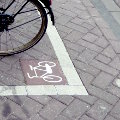 To my knowledge the Dutch are allowed to park their bicycles everywhere except where they would hinder access. Cities sometimes interpret this rule as “we can prohibit bicycle parking wherever we desire”, and then get shot down by the courts.
To my knowledge the Dutch are allowed to park their bicycles everywhere except where they would hinder access. Cities sometimes interpret this rule as “we can prohibit bicycle parking wherever we desire”, and then get shot down by the courts.
To get back to this rectangle on Rokin in Amsterdam, it is just a suggestion that you park your bike in the box. But the box seems to have magical qualities because people actually do park their bikes within it. The city took a leaf out of the book of design student Roosmarijn Vergouw, whom we wrote about before. (Funny, as I am googling I come across a discussion of her project at Retecool, a popular Dutch blog, where one Swanfeather writes: “She should do this along the construction sites of the new subway. Apparently it makes sense to designate areas for people to park their bikes rather than doing the opposite, i.e. put up a sign that says ‘no bike parking allowed’. The latter doesn’t work.” Rokin is one of those construction sites.)

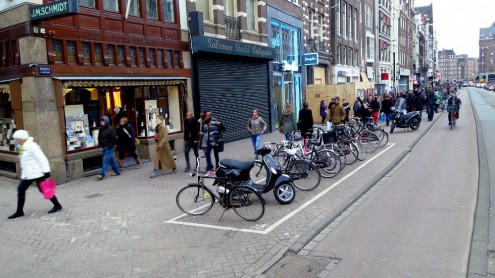
 The euthanasia hospital in The Hague, Levenseindekliniek, is too popular.
The euthanasia hospital in The Hague, Levenseindekliniek, is too popular. 
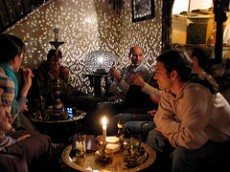
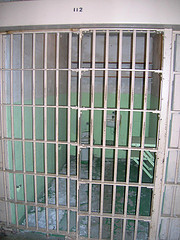
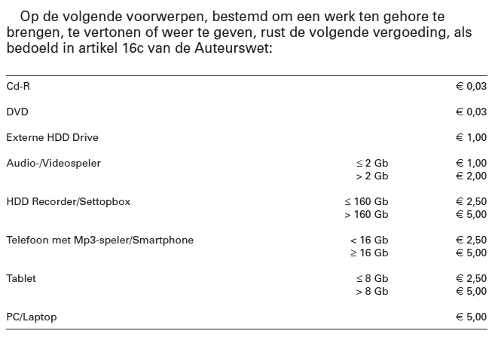
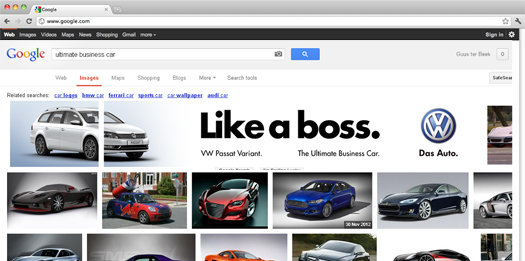
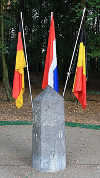 People who speak Dutch with a foreign accent are just as easy to understand as native speakers. Listeners may need a while to adapt to the accent, anywhere from a few sentences to a few minutes.
People who speak Dutch with a foreign accent are just as easy to understand as native speakers. Listeners may need a while to adapt to the accent, anywhere from a few sentences to a few minutes.
